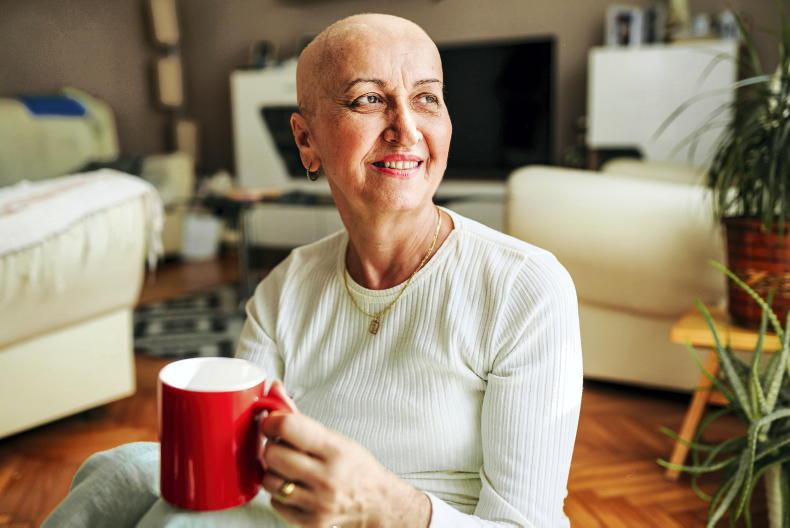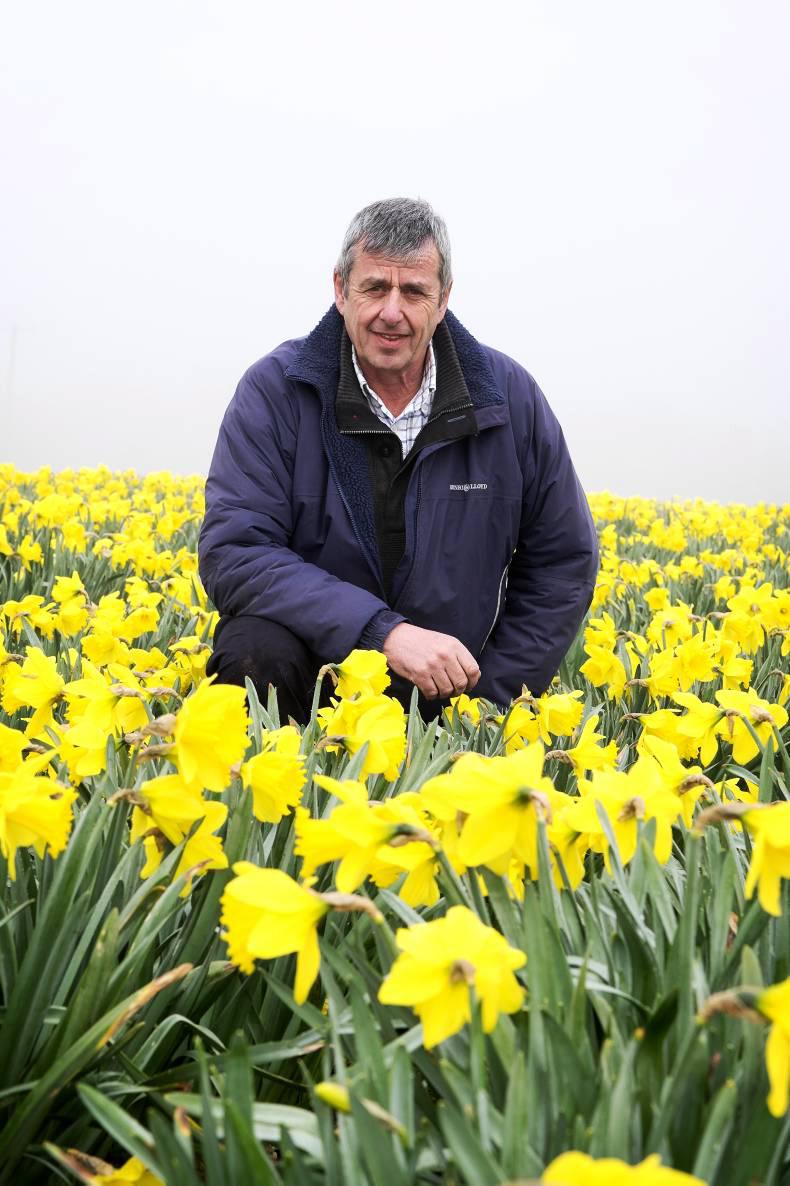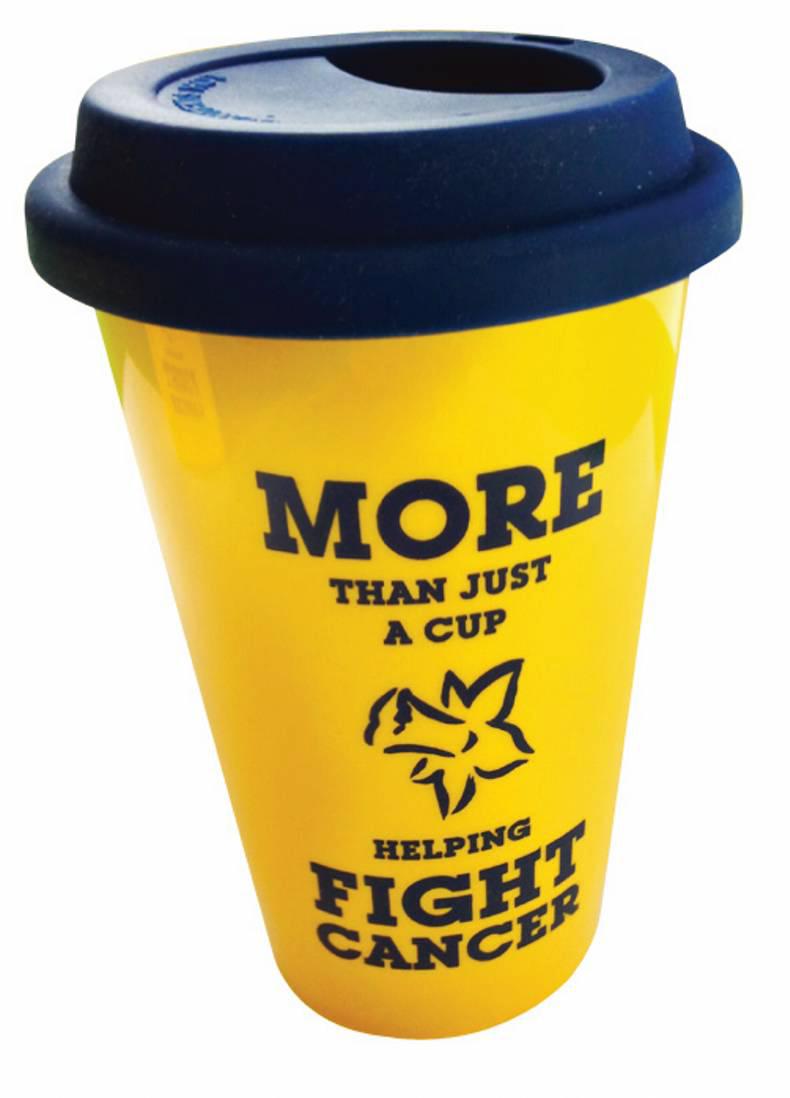Shock, horror and fear are some of the emotions that Nicola Elmer felt when she was told she had cancer over 15 years ago.
“I was diagnosed with breast cancer in 2003 when I was 32 years of age. I was really young and it was so unexpected – a complete shock. At that age I thought I was at my peak of fitness and health,” Nicola explains.
Nicola is a doctor of psychology in St Luke’s Hospital in Dublin, but at the time was living and working in South Africa and says the diagnosis completely turned her world upside down.
Just nine months married, she had lots of hopes and wishes for the future, which changed the day she received her diagnosis.
“Emotionally I was overwhelmed. Shock, horror and fear were what I initially felt. I was asking myself so many questions, like was I going to die from this?” she confides.
According to the Irish Cancer Society, there are many reactions to being told you have cancer, some of these include shock and disbelief, fear and uncertainty, loss of control, sorrow and sadness.
“There is also no set time to have one particular emotion or not. Some reactions may occur at the time of diagnosis, while others might appear or reappear later during your treatment,” the Society says.
Coming To Terms
For Nicola, one of the hardest things was coming to terms with her diagnosis.
“People have different ways of dealing with things and I became practical. I asked: ‘What do I need to do next?’”
Nicola immersed herself in knowledge about the illness, asking her doctor plenty of questions and confiding in her friends and family for support.
“I think it is really important to decide who you would like to speak with about your illness, whether that is just one person or a group of friends,” Nicola says.
“It is important to identify your needs. That’s certainly what got me through my diagnosis.”
The Irish Cancer Society says: “There is no right or wrong way to cope. Only what is right for you. Give yourself plenty of time to adapt. Be patient and don’t expect too much too soon – have realistic expectations.”
Finding Strength
For Nicola, another huge emotional challenge presented itself when it came to her treatments.
“I had to deal with losing my hair through chemotherapy and I also had a mastectomy, which was devastating for me,” she confides.
“It made me feel like I had lost myself and my identity as a woman. I had physically changed and had lost my breast. Again, I was at the peak of my fitness and health yet this had happened. I found it really tough and hard to talk about at the time. I was able to speak with someone about that after it happened, but for me it was about finding the right time.”
Nicola chose not to have reconstruction for a year after her initial surgery.
“I had to build the strength to go through another procedure again. I was looking at my body and it was not the body I had before. It was a huge shock and I had to get my head around that.
“It’s a huge cliché but time helped, I needed a stage to grieve and I gathered strength in that time, it certainly makes it easier,” Nicola says.
Finishing Treatment
The third major challenge that faced Nicola came after she was discharged from the medical system.
“I heard someone say one time it’s like being wrapped in cotton wool and all of a sudden you have it ripped off.
“All of the doctors that cared so well for your aches and pains and the nurses you see throughout your treatment, you suddenly stop seeing. It’s like the door is closed and suddenly you are alone. This is a time when individuals need help and support,” she says.
The Irish Cancer Society also talks about the isolation patients may feel when no longer attending hospital: “It can feel like you are on your own because your doctors and nurses are no longer there to support and protect you.”
One of the things that really benefited Nicola was speaking to someone who had shared the same experience as her.
“A woman came to see me in the hospital and she had had a mastectomy. It normalised it for me and I was able to ask her lots of questions,” Nicola explains.
Nicola has become a volunteer with the Irish Cancer Society’s Survivor Support programme for the past 10 years.The service puts cancer survivors in touch with people who are going through a diagnosis, providing emotional advice and support.
For more information on this or other supports available, visit www.cancer.ie or call the cancer nurseline on 1800 200 700.
Don’t forget, Daffodil Day takes place on Friday 24 March.








SHARING OPTIONS